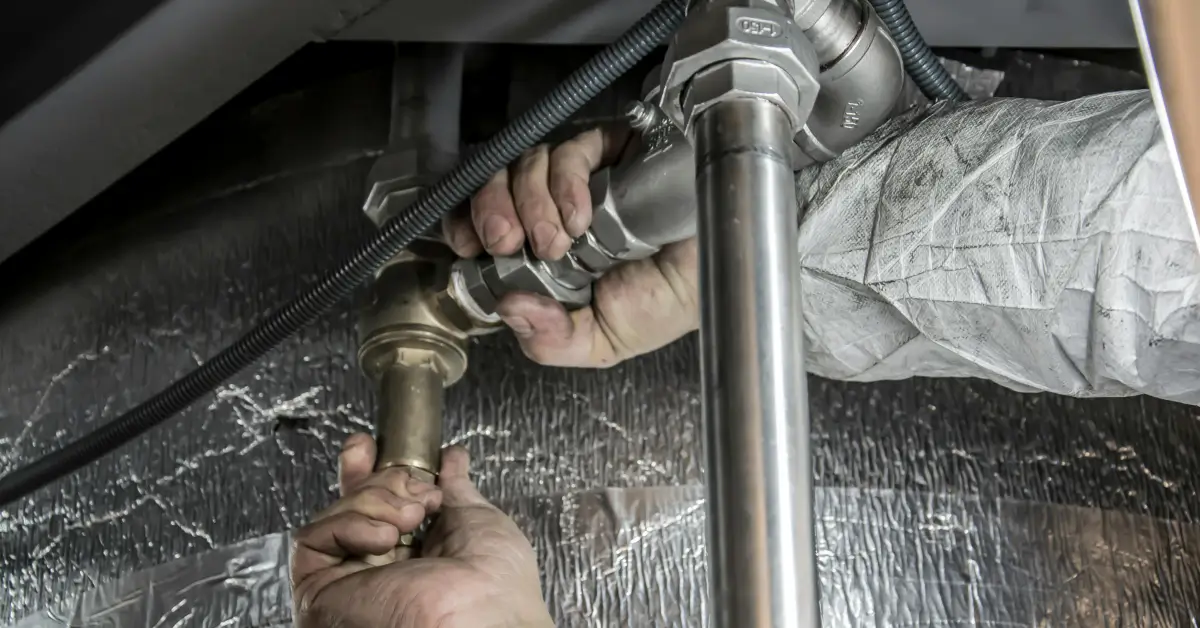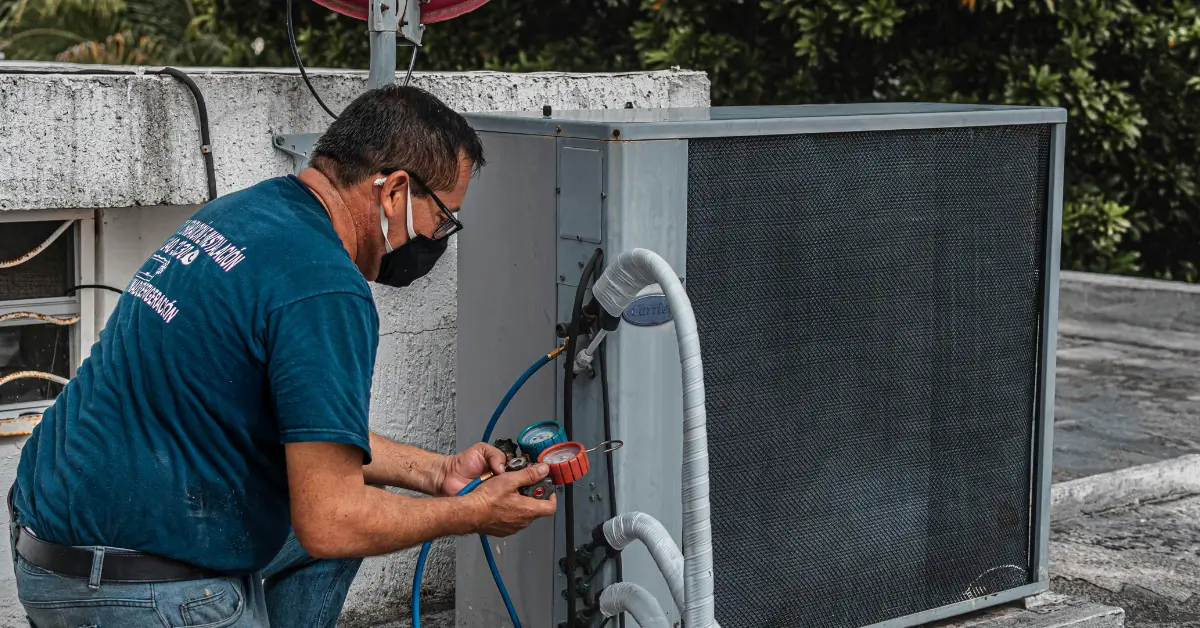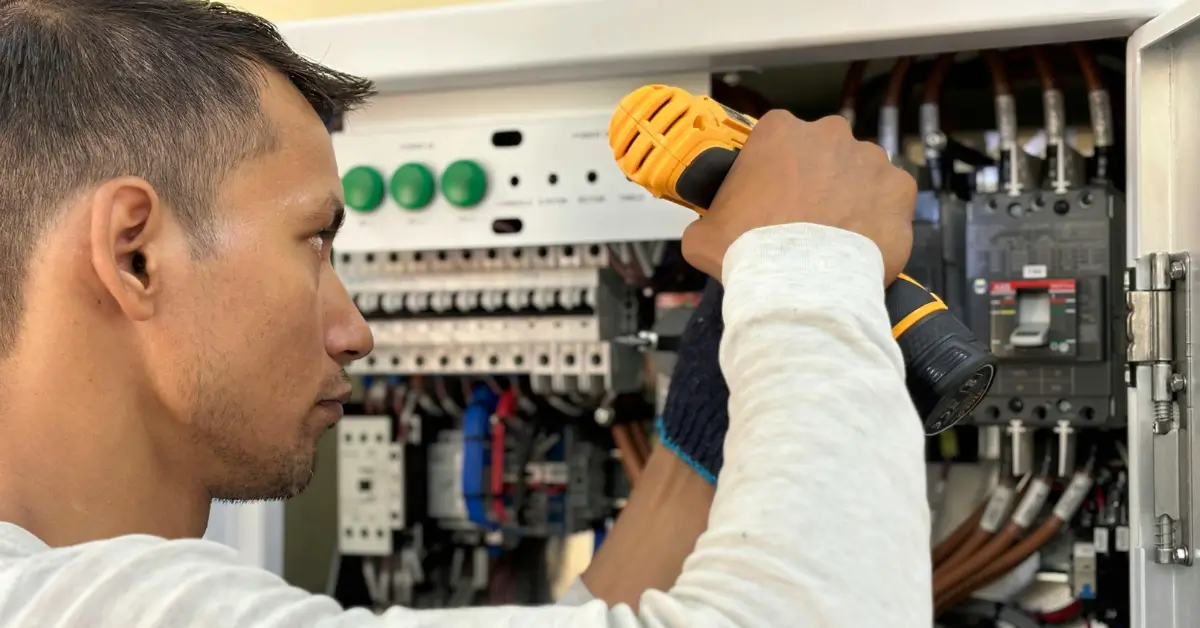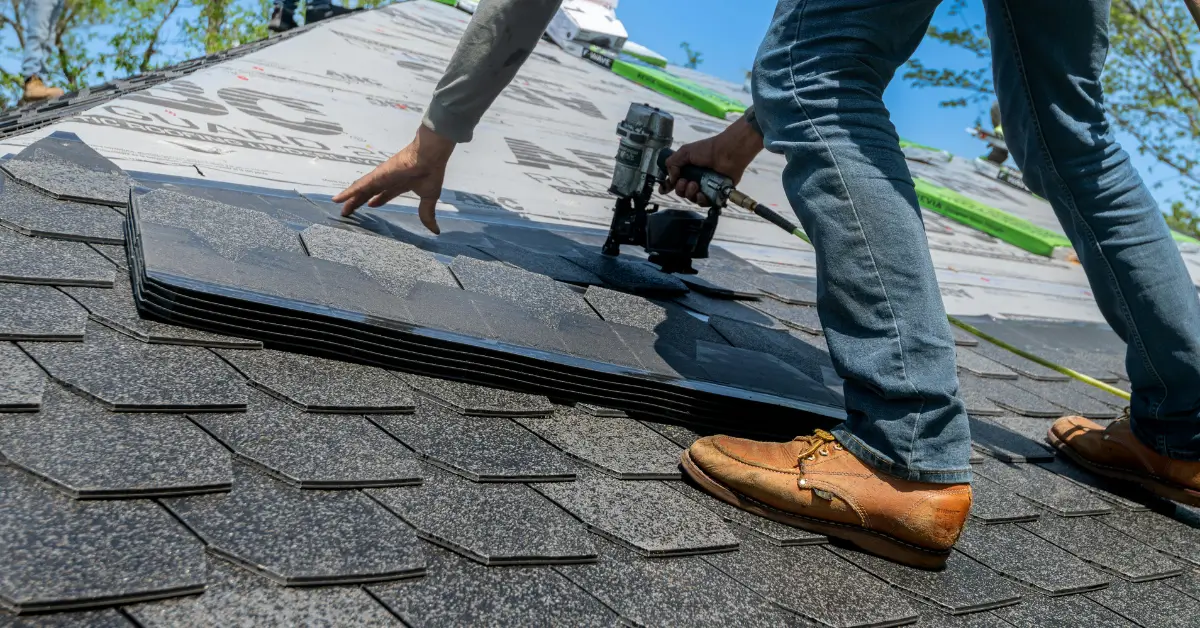How AI-Powered Virtual Assistants Are Changing the Game for Contractors

In 2025, technology is no longer just for big corporations. Home contractors—plumbers, electricians, roofers, and HVAC professionals—are embracing AI-powered virtual assistants to run smarter, faster, and more efficiently than ever before.
From answering calls and booking jobs to managing quotes and tracking payments, AI-driven tools and teams are helping contractors save time, reduce costs, and never miss another opportunity.
Here’s how AI-powered virtual assistants are transforming the home services industry—and why they’ve become a must-have for contractors who want to stay competitive.
What Is an AI-Powered Virtual Assistant?
An AI-powered virtual assistant combines human expertise with artificial intelligence to manage repetitive administrative and communication tasks for contractors.
Unlike traditional call centers or basic chatbots, these assistants are powered by intelligent systems that can:
- Understand and prioritize homeowner requests
- Respond instantly to inquiries via phone, chat, or email
- Schedule appointments and dispatch crews
- Create and send estimates or invoices
- Follow up automatically for reviews or payments
Think of it as having a 24/7 digital office manager who never sleeps—and who gets smarter over time.
The Biggest Challenges Contractors Face Today
Most contractors lose time and money not because they lack skill, but because they’re stuck managing the business side:
- Missed calls while on the job site
- Scheduling errors or double bookings
- Late invoices and slow payments
- Lost leads due to delayed responses
- Burnout from handling both fieldwork and office work
AI-powered virtual assistants solve these pain points by automating admin and customer-facing processes, keeping your business running smoothly even when you’re in the field.
How AI Is Changing the Game for Contractors
1. Instant Response = More Booked Jobs
AI assistants can answer calls, texts, and chat messages immediately—24/7. Since 78% of homeowners hire the first contractor who responds, fast replies mean more work and higher conversion rates.
2. Smarter Scheduling & Dispatching
AI tools integrate with your calendar and CRM to schedule jobs efficiently. They can even optimize technician routes to reduce travel time and fit more appointments into each day.
Example: An HVAC company using an AI assistant might add 2–3 extra jobs per day simply through better scheduling.
3. Automated Invoicing & Payment Follow-Up
AI assistants can generate invoices automatically once a job is complete, send reminders for overdue payments, and even process credit card transactions securely.
Result: Faster payments, improved cash flow, and fewer nights chasing paperwork.
4. AI-Driven Lead Qualification
Not all calls are worth your time. AI systems can qualify leads automatically—filtering based on budget, location, or project type—so you focus only on real opportunities.
This prevents wasted time quoting jobs that were never serious in the first place.
5. Customer Engagement & Reputation Management
AI-powered assistants don’t just book jobs—they help retain customers. After each job, they can send thank-you messages, request online reviews, or remind clients about seasonal maintenance.
This keeps your brand top-of-mind and builds a steady stream of repeat business.
Why Contractors Are Adopting AI in 2025
The rise of AI-powered outsourcing is part of a bigger shift in how contractors run their businesses:
- Labor shortages make it difficult to hire and retain office staff.
- Homeowners expect instant communication from service providers.
- AI tools are more affordable and accessible than ever before.
- Remote support and automation now integrate seamlessly with CRM and field management software.
By combining human expertise with AI automation, contractors can reduce costs by up to 60–70% while improving service quality and response speed.
Real-World Example
A mid-sized roofing company in Texas partnered with an AI-powered virtual assistant team in 2024. Within 90 days:
- Missed calls dropped by 90%.
- Quote turnaround time improved by 65%.
- Monthly revenue increased by 22%.
The company didn’t hire extra office staff—it simply replaced manual admin work with AI-backed support.
The Future of Contracting Is Hybrid
In the next few years, successful contractors will combine skilled human labor in the field with AI-powered virtual assistants in the office.
That hybrid model means:
- Lower operating costs
- Faster communication
- Better customer experience
- Consistent job growth year-round
Contractors who adopt AI early will have a major edge over competitors still relying on voicemails and spreadsheets.
Final Thoughts
AI-powered virtual assistants are no longer a luxury—they’re a competitive necessity for contractors in 2025. By automating scheduling, billing, and communication, they help you stay ahead of the competition, capture every lead, and run a smoother, more profitable business.
Because in today’s fast-paced home services market, the contractor who answers first—and runs smarter—wins.


















.webp)








